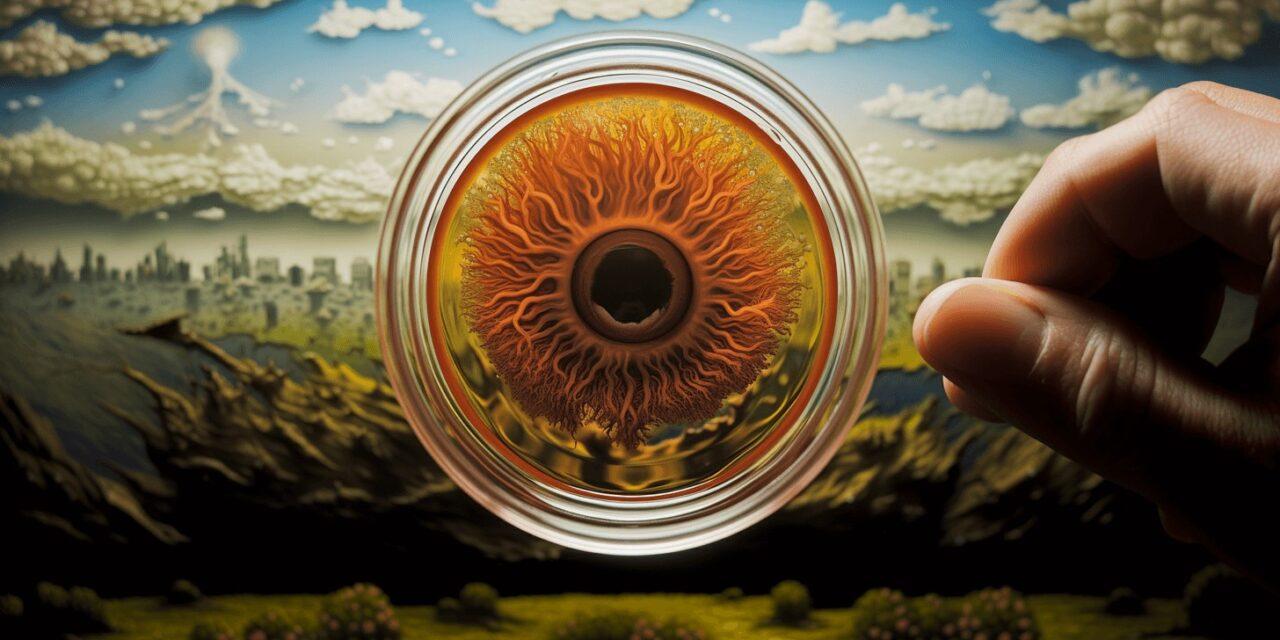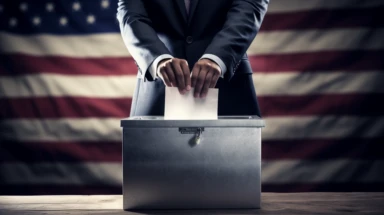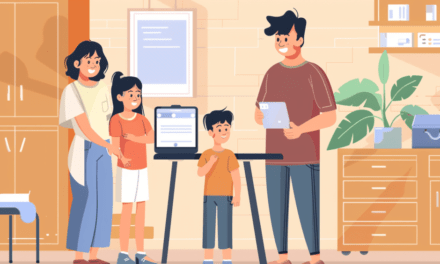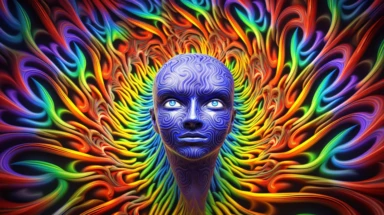Last year’s decision by voters to legalize psilocybin propelled Colorado into pioneering a state-supervised psychedelic sector. As we approach the six-month mark, this budding industry has seen notable developments.
The onset of the year witnessed a significant shift in Colorado law, decriminalizing many actions related to psilocybin mushrooms and other psychedelic drugs. This has given rise to a “gray market” where entrepreneurs provide services from curated psychedelic experiences, “microdosing” consultations, and grow supplies primarily operating within legal boundaries. The availability and affordability of mushrooms have also reportedly improved, despite the continuing illegality of their sale.
Simultaneously, Colorado is charting a course towards a formalized, strictly regulated psychedelic industry. As we approach the end of 2024, the state government will commence acceptance of licenses for “healing centers”. These establishments will host “facilitators” entrusted with supplying psilocybin and overseeing its use.
Notably, Colorado voters sanctioned Prop. 122 in November 2022, and its implementation, spread across approximately two years, is a staged process. The first step, decriminalization, was initiated half a year ago. This measure eliminates criminal penalties associated with the growth, possession, and use of psychedelic mushrooms and three other substances, subject to certain restrictions. Sharing most of these substances is now legal, though selling them remains prohibited.
Use and sharing of these drugs are restricted to those aged 21 and above.
So what does Colorado State Law actually permit?
The law permits individuals to cultivate, consume psilocybin and its mushroom derivatives, along with possession of ibogaine, mescaline, and DMT for “personal use.” There are no explicit quantity restrictions laid out in the law. However, LSD remains entirely illegal and is not included in this law.
The legislation allows the sharing of most of these substances without cost, but prohibits their sale. However, sharing ibogaine is not permitted.
The sale of legitimate services associated with “harm reduction” or “support” in relation to psychedelic drug use is permissible. The law, however, does not precisely define these terms. These service providers can also “share” drugs with their clients without charge. However, if they are dispensing the drugs, they are prohibited from advertising their services. Unlicensed practitioners must disclose their unregulated status to clients.
The law authorizes mushroom cultivation within a confined area of 12-by-12 feet on private property.
Public display or consumption of psilocybin mushrooms is prohibited, with a violation attracting a penalty of up to $100 and a requirement of 24 hours of community service.
The possession or consumption of any of the mentioned substances by individuals under the age of 21 is illegal. It’s also unlawful to distribute these substances to minors.
Despite these state-level changes, psychedelic mushrooms and other related substances remain illegal at the federal level. Therefore, cultivators and users may still face federal repercussions.





